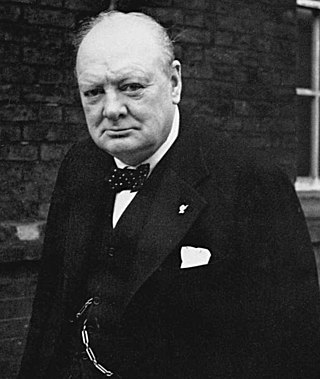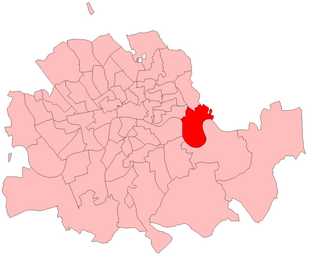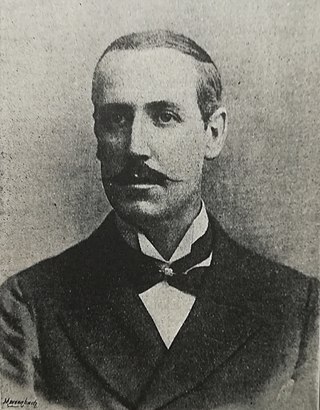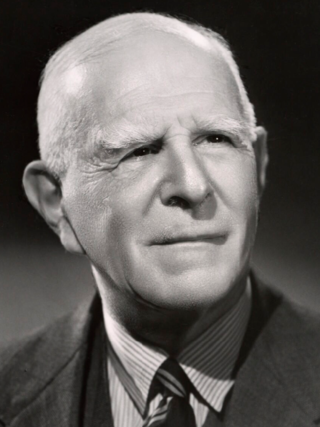Related Research Articles
John Joseph Jones, was a Labour Party Member of Parliament (MP).

Elections in England and Wales, 1949 held during the week of 4–9 April for County Council positions, resulted in sweeping Conservative gains and correspondingly heavy Labour losses. A remarkable feature of the elections was the "dead heat" in the London County Council between Labour and the Conservatives, who each won 64 seats, with the Liberals retaining one seat, that of Sir Percy Harris in Bethnal Green. Outside London, Labour lost its former control of Middlesex, Essex, Northumberland, and the West Riding of Yorkshire; retained control of Derbyshire, Durham, Glamorgan, Monmouthshire, and Nottinghamshire, but won Carmarthenshire, the only county gained by Labour.

An election to the County Council of London took place on 5 March 1913. It was the ninth triennial election of the whole Council. The size of the council was 118 councillors and 19 aldermen. The councillors were elected for electoral divisions corresponding to the parliamentary constituencies that had been created by the Representation of the People Act 1884. There were 57 dual member constituencies and one four member constituency. The council was elected by First Past the Post with each elector having two votes in the dual member seats. Unlike for parliamentary elections, women qualified as electors for these elections on exactly the same basis as men. Women were also permitted to stand as candidates for election.

Edward Robertshaw Hartley was a British socialist politician.

The 1914 Poplar by-election was a Parliamentary by-election held on 19 February 1914. The constituency returned one Member of Parliament (MP) to the House of Commons of the United Kingdom, elected by the first past the post voting system.
The 1913 Reading by-election was a Parliamentary by-election held on 8 November 1913. The constituency returned one Member of Parliament (MP) to the House of Commons of the United Kingdom, elected by the first past the post voting system.
The 1913 Leicester by-election was a Parliamentary by-election held on 27 June 1913. The constituency returned two Members of Parliament (MPs) to the House of Commons of the United Kingdom, elected by the first past the post voting system.

The British Socialist Party (BSP) was a Marxist political organisation established in Great Britain in 1911. Following a protracted period of factional struggle, in 1916 the party's anti-war forces gained decisive control of the party and saw the defection of its pro-war right wing. After the victory of the Bolshevik Revolution in Russia at the end of 1917 and the termination of the First World War the following year, the BSP emerged as an explicitly revolutionary socialist organisation. It negotiated with other radical groups in an effort to establish a unified communist organisation, an effort which culminated in August 1920 with the establishment of the Communist Party of Great Britain. The youth organisation the Young Socialist League was affiliated with the party.
Frederick Victor Fisher was a British political activist.

Hyman Russell Smart was a British socialist activist.
Lorenzo Edward Quelch was a British trade unionist and politician.
Arthur Charles Bannington was a British political activist.
Edward J. Pay, often known as Teddy Pay, was a British labour movement activist, who was known for his interest in rural affairs.
Edwin Charles Fairchild (1874–1955) was a socialist activist and conscientious objector during the First World War.
James Gorman was a British politician and trade unionist.
John Gilbert Dale was a British scientist who also became a prominent trade union and political activist.
George Pearce Blizard was a British politician. A frequent candidate for office, he never won an election, but did serve a term on London County Council as an alderman.

An election to the County Council of London took place on 7 March 1946. The council was elected by First Past the Post with each elector having two votes in the two-member seats. The Labour Party once more made gains, again increasing their majority over the Conservative Party.

An election to the County Council of London took place on 5 March 1931. The council was elected by First Past the Post with each elector having two votes in the two-member seats. The Municipal Reform Party slightly increased its majority on the council, with overall results matching those from 1925.

An election to the County Council of London took place on 8 March 1928. The council was elected by First Past the Post with each elector having two votes in the two-member seats. The Labour Party made slight gains at the expense of the Municipal Reform Party, which nonetheless retained a substantial majority.
References
- 1 2 The Labour Who's Who. London: Labour Publishing Company. 1927. p. 33.
- 1 2 Packer, Ian (2001). Lloyd George, Liberalism and the Land. Boydell and Brewer. p. 142. ISBN 0861932528.
- ↑ "London County Council Elections". The Times . 23 February 1907.
- ↑ "Butler For Reading!". Justice. 25 October 1913. p. 4.
- ↑ Crick, Martin (1994). The History of the Social Democratic Federation. Keele University Press. p. 332. ISBN 1853310913.
- ↑ Post Office London Directory. 1923. p. 1081.
- 1 2 Dale, Iain (2003). The Times House of Commons 1929. London: Politico's. p. 29. ISBN 184275033X.
- ↑ "LCC Election". The Times . 7 March 1931.